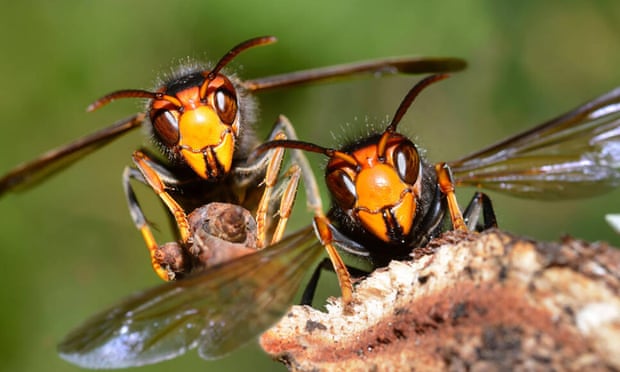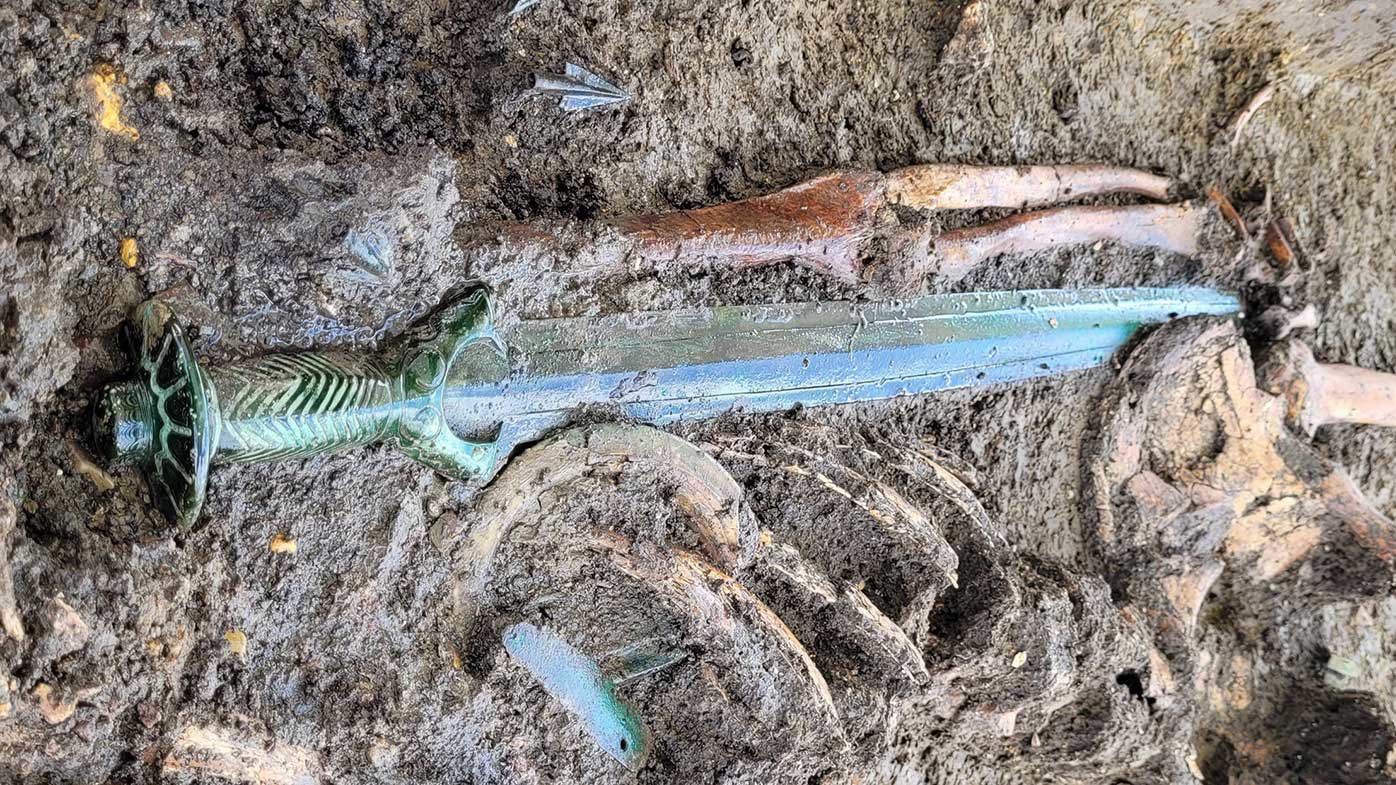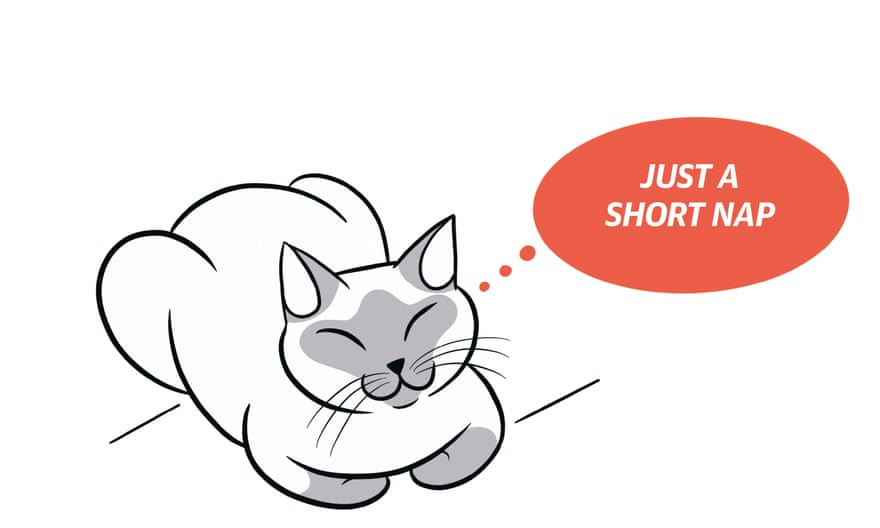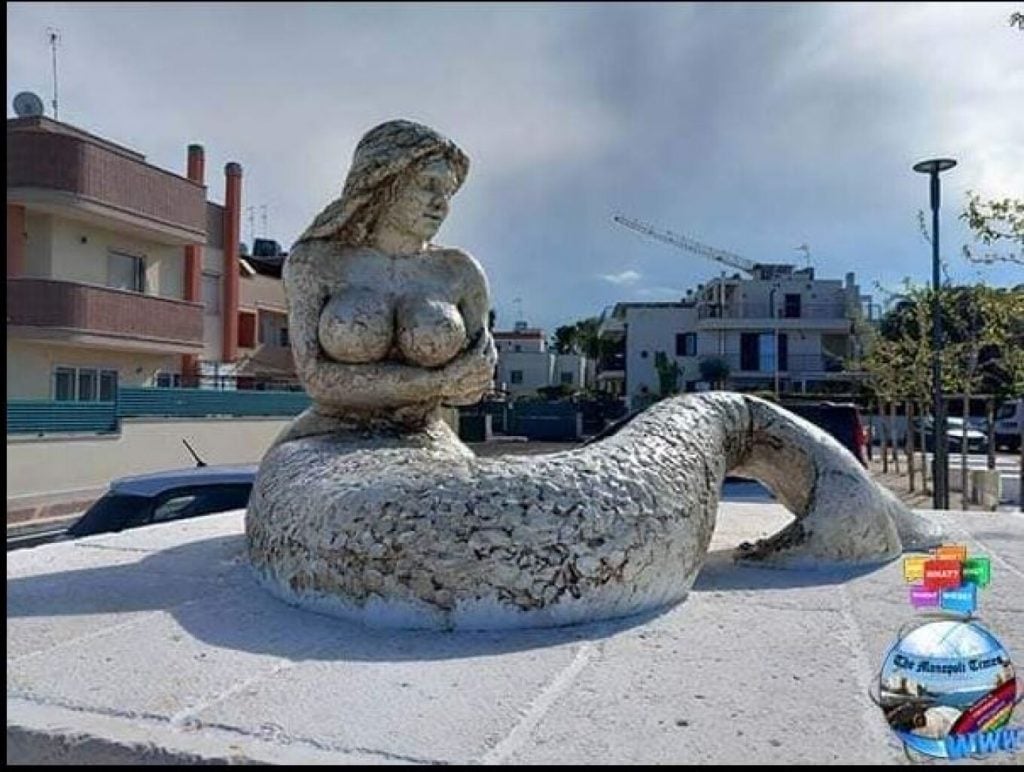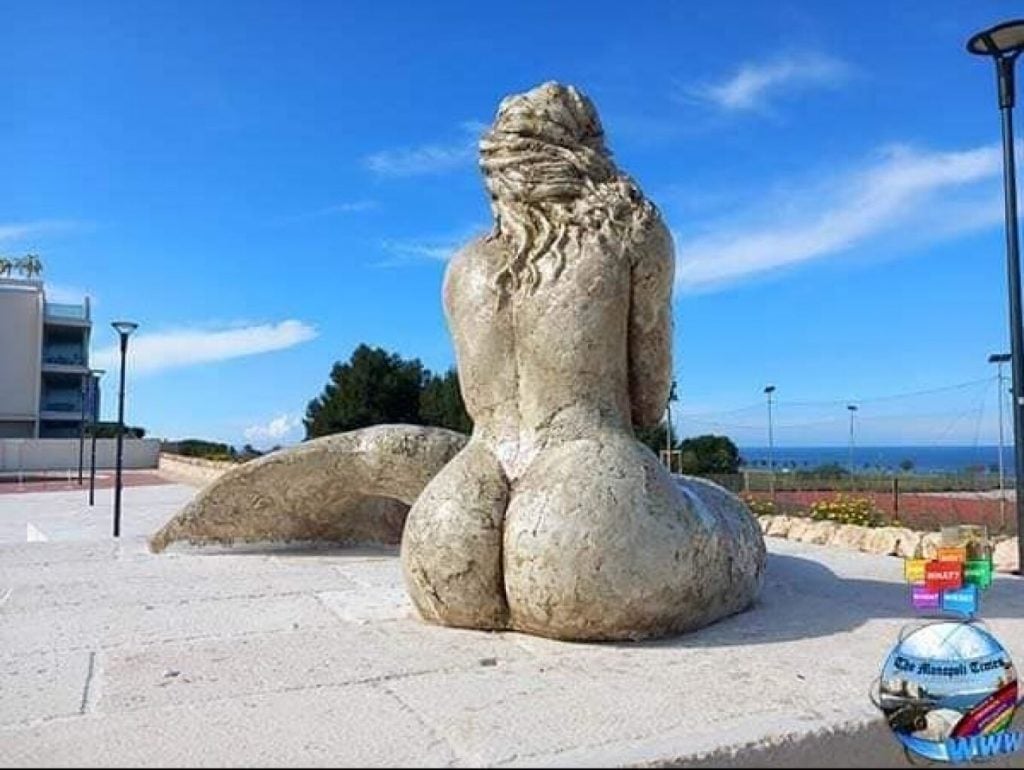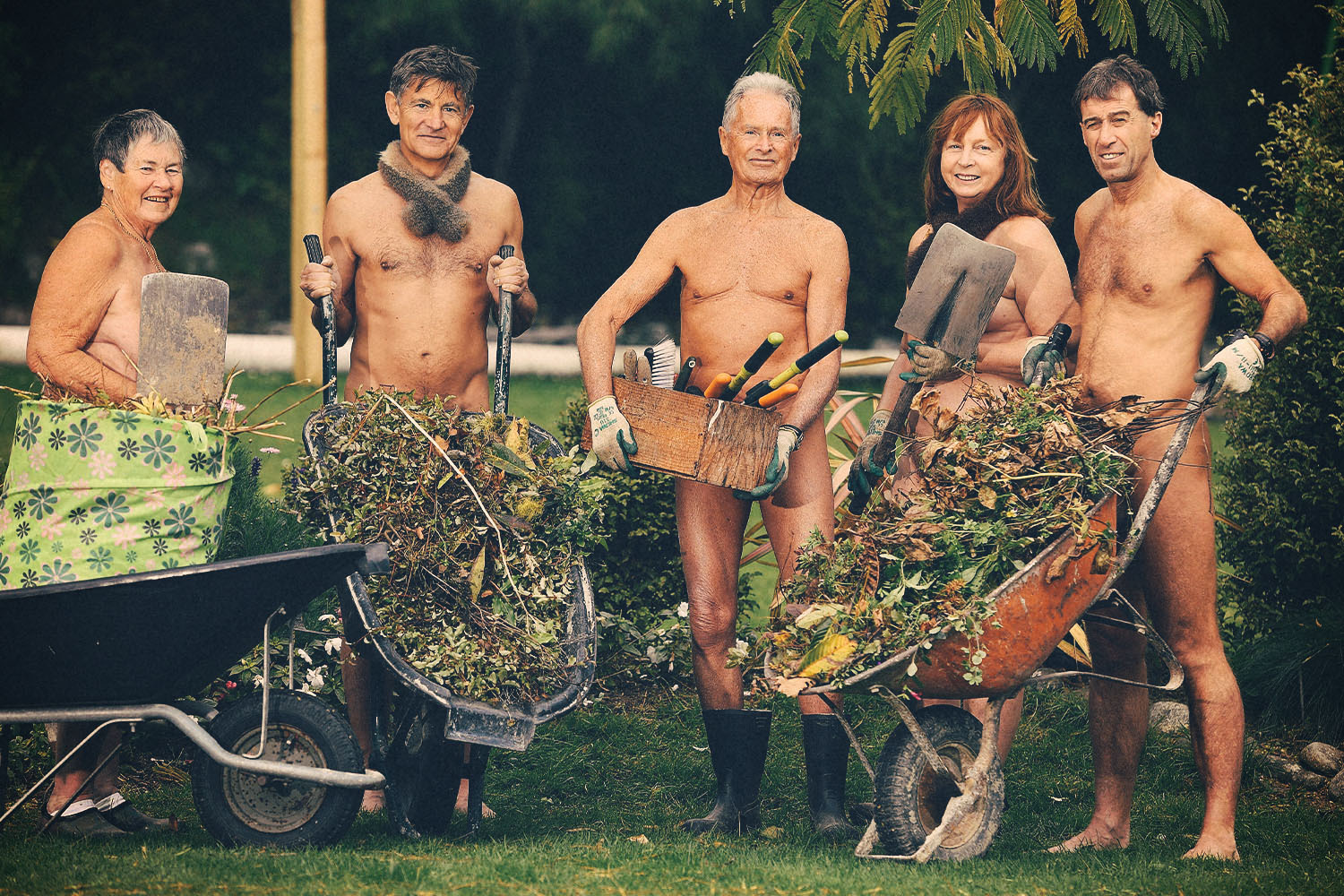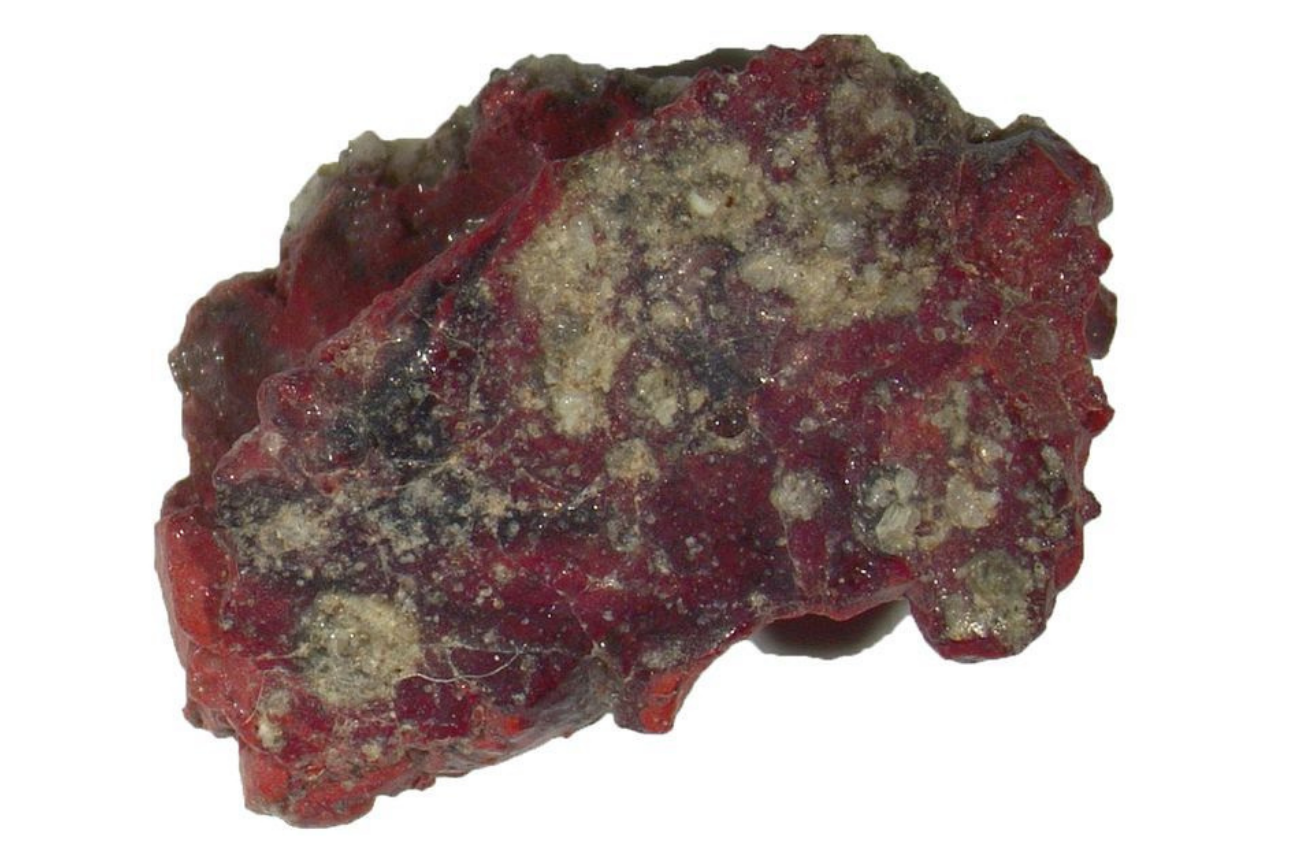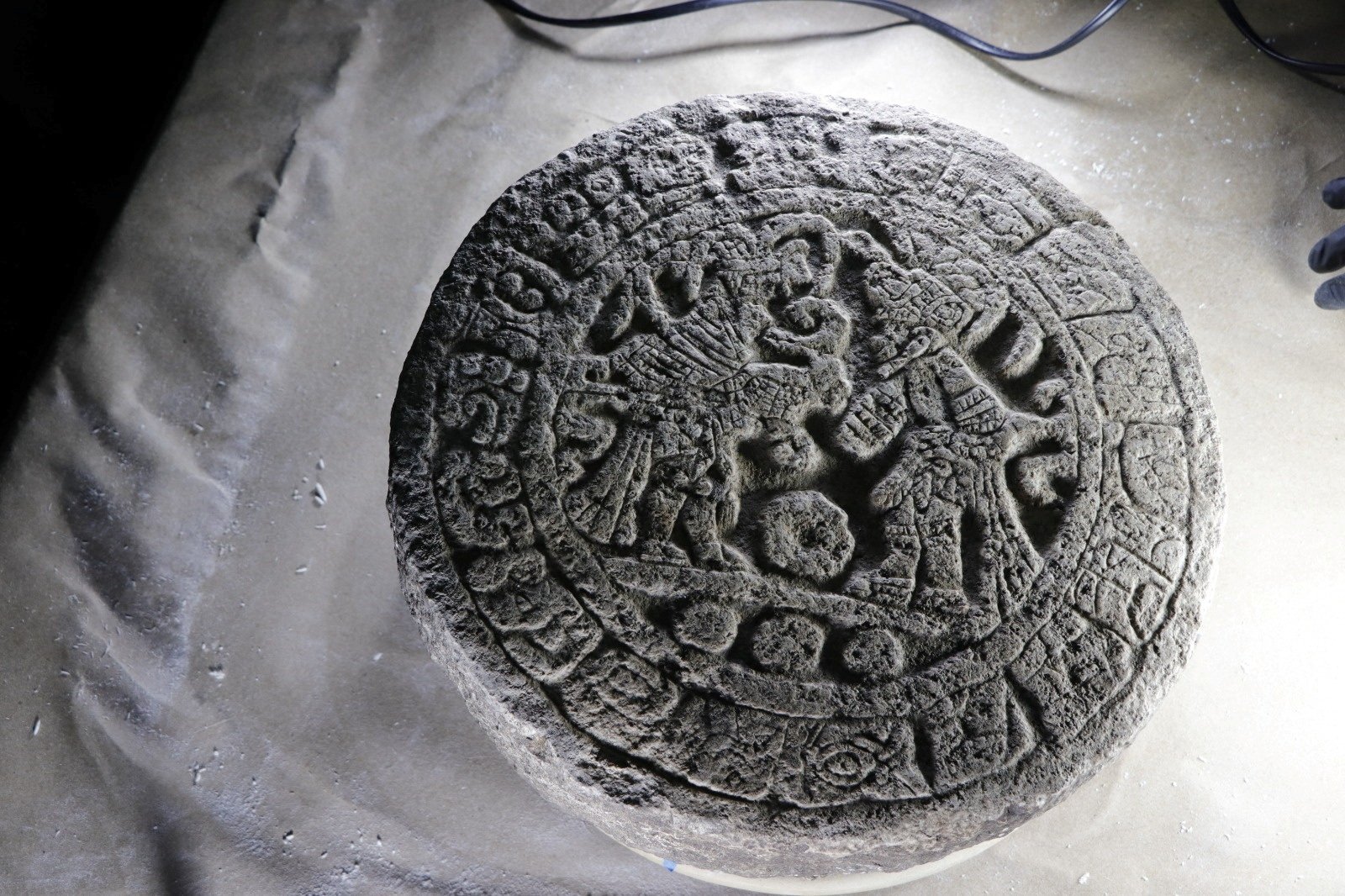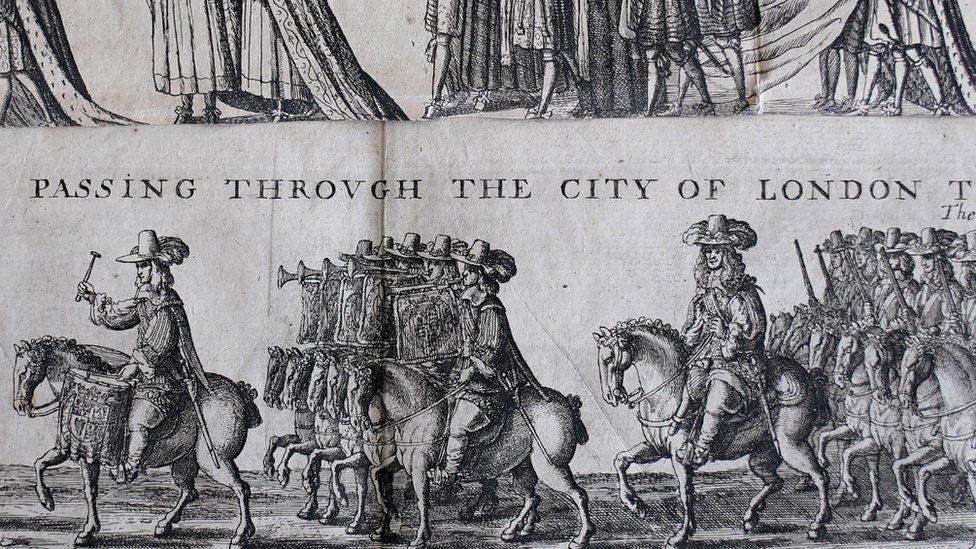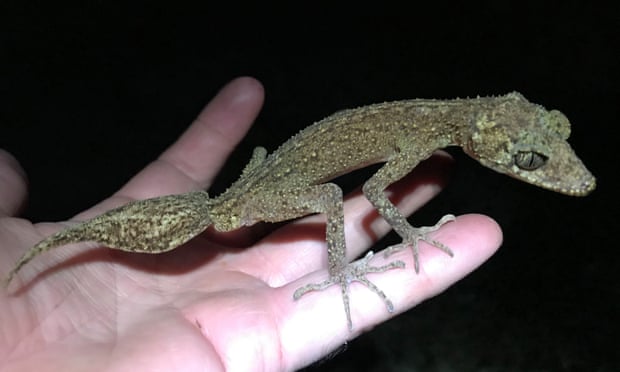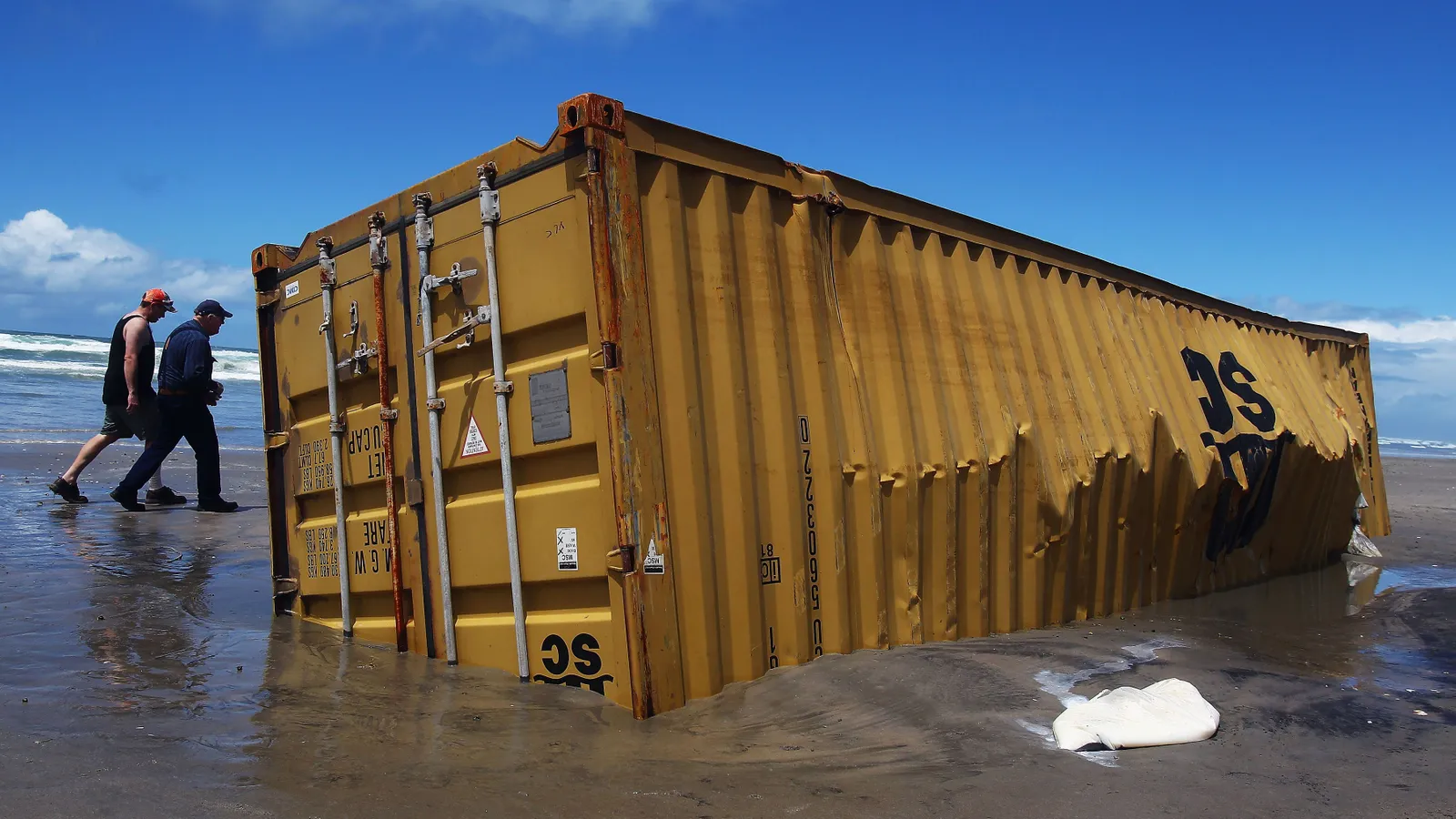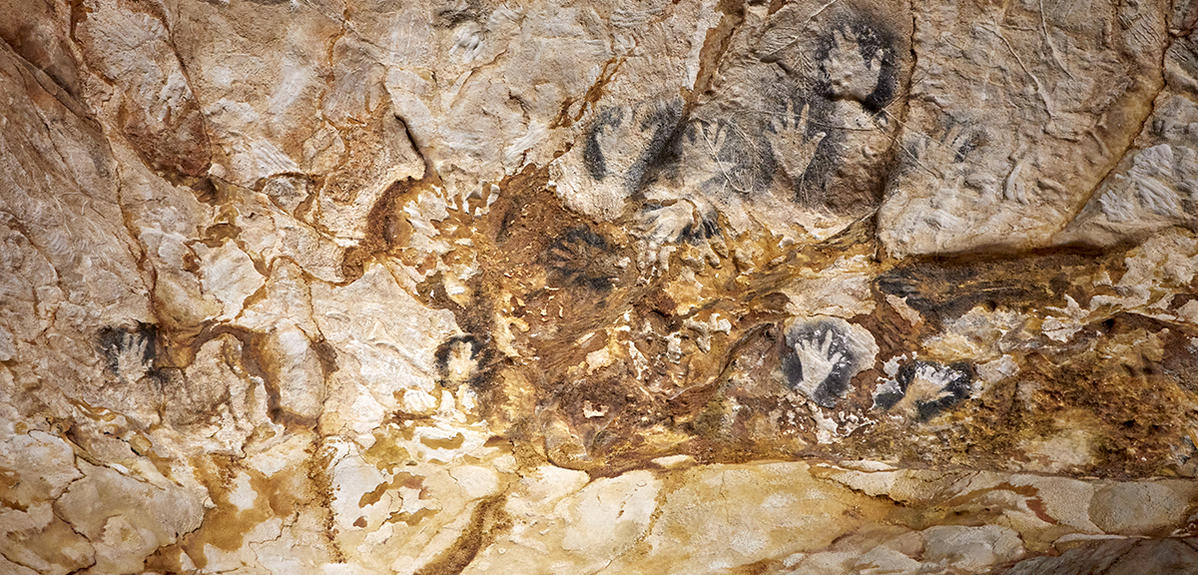We bring you this month’s action-packed collection of links to items you may have missed.
Science, Technology, Natural World
When cells divide how do they accurately copy their DNA once, and only once? [LONG READ]
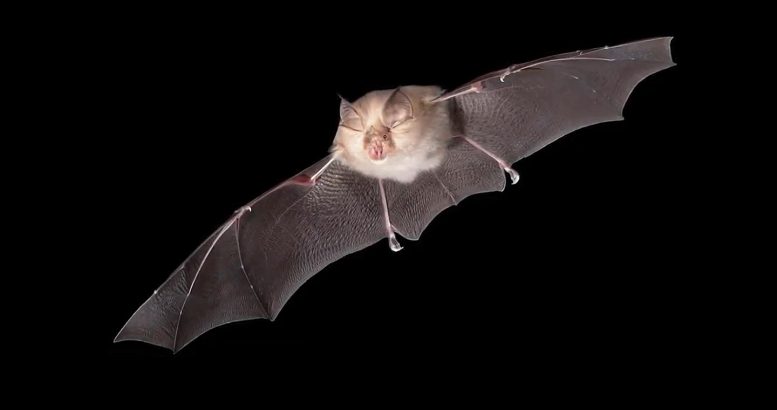
Bats in the UK harbour coronaviruses; none apparently immediately dangerous to us, but we need to know more.
China has a mysterious wildcat, but is the Chinese Mountain Cat actually a discrete species? [££££]
On the Byzantine labyrinths that make up a cat’s nose. [££££]
In potentially good news there’s a plan to establish the UK’s first feline blood bank.
Octopuses change their skin patterns while sleeping, which suggests that they may be dreaming.

If insects actually have memories, it seems they may not survive across metamorphosis. [LONG READ]
Scientists have discovered a species of palm that flowers and fruits only underground, but they don’t yet understand how it is pollinated.
Health, Medicine
It seems that we have a gene which prevents most bird flu viruses from infecting us.
Nightmare Warning … There’s an unidentified something which causes a green hairy tongue – luckily it’s benign, just disturbing.
Sexuality
In a possible explanation of why vibrators are so effective, researchers have discovered neurons in the clitoris and penis which are especially sensitive to vibration. [££££]
One couple talk about sex in their mid-70s.
Social Sciences, Business, Law, Politics
One tax specialist is of the opinion that the UK’s Office of Budget Responsibility (OBR) has a completely erroneous view of the economy. [LONG READ]
Art, Literature, Language, Music
Some rarely seen Holbein sketches of the Tudor court are going on display later this year at the Queen’s Gallery.

When the fantasy world wants a pest do they always choose rats?
History, Archaeology, Anthropology
Pendants made from bits of giant sloth indicate that humans settled in the Americas a lot earlier than previously thought.
At the same time archaeologists believe they’ve found the USA’s oldest stone tools to date. [LONG READ]
Back in the UK a rare Neolithic polissoir has been found hiding in plain sight in Dorset.
Pyramids and other remains have been discovered off the western tip of Cuba.
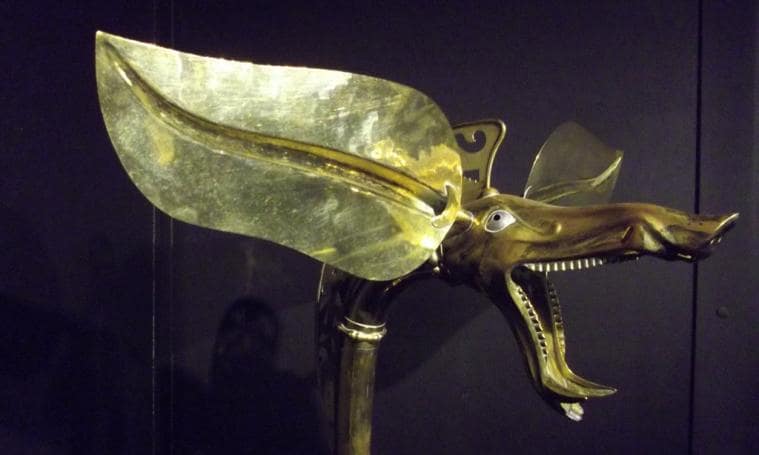
The Carnyx, a brass musical instrument, was used as a psychological weapon of war by the ancient Celts.

Pompeii continues to provide surprises. In a current excavation archaeologists are uncovering a building containing a bakery oven (above), courtyard, a fountain and a number of frescos including one of what has (jokingly) been described as an early pizza (below).
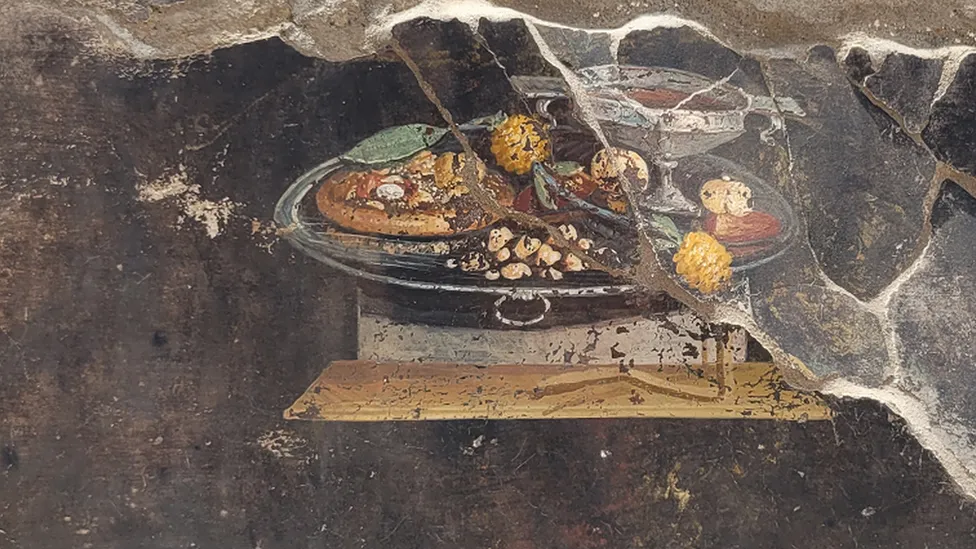
The story of Salisbury’s Medieval Giant.
London
London’s Hyde Park was once the playground of Tudor and Stuart monarchs, courtiers, and the upper echelons of society. [LONG READ]
There’s a hidden world underneath Waterloo Station, which is being revealed on its 175th anniversary prior to redevelopment.
Food, Drink
The Guardian‘s food writer, Felicity Cloake, looks at a few food rules and suggests they can be safely ignored.
Rachel Roddy recreates that Pompeii “pizza” (see above).
Do we need to be worrying about the sweetener aspartame in diet drinks? Spoiler: probably not. [LONG READ]
Lifestyle, Personal Development, Beliefs
A ramble around body hair and hairless bodies through the ages.
Shock, Horror, Humour, Wow!
And finally, please enjoy some highlights from this year’s Finnish Hobbyhorse Championships.


